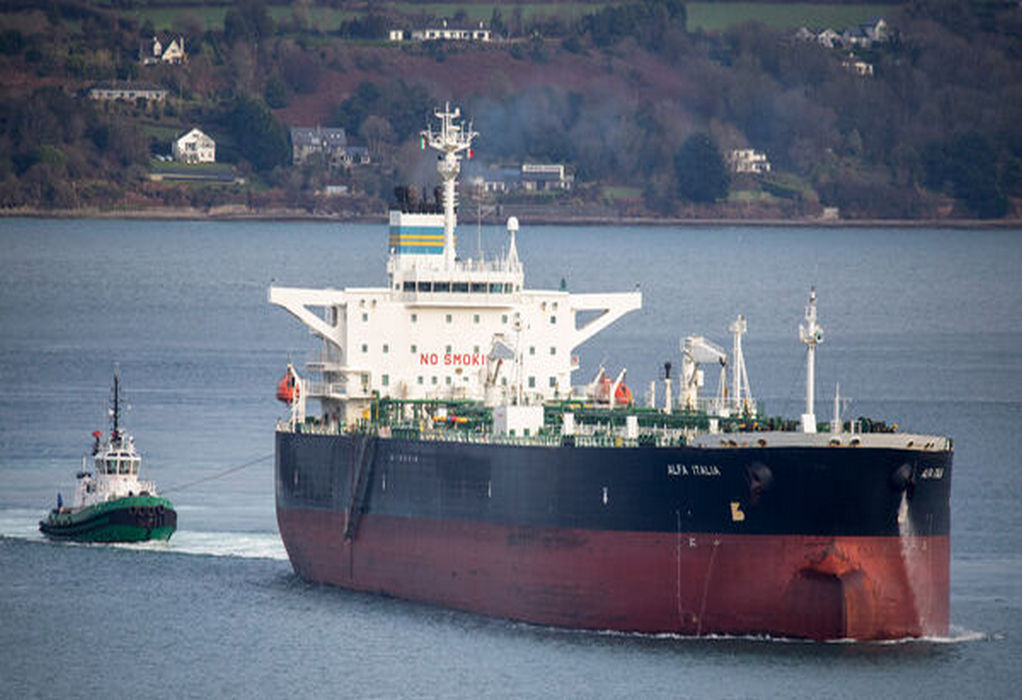The shipping industry is starting to feel the full force of surging diesel and petrol costs.
Ship fuel can be made from some of the same ingredients that refiners can also put into diesel and petrol. But soaring margins of the latter two fuels are making their production more attractive, resulting in tighter supplies for the maritime sector.
Fuel is shipping’s single biggest expense, so any price surge adds more inflationary pressure to already strained global supply chains. The cost of marine fuel in Rotterdam peaked at the highest since at least late 2019 at the start of the week, up 23% since the beginning of the year.
“It’s one more reason why global commodity prices and inflation are so high,” said Mark Williams, an oil products and refining analyst at Wood Mackenzie.
Much of the price increase in ship fuel has been due to a rally in crude oil, which is used to make most marine fuel. Rules implemented in 2020 forcing shippers to burn much lower-sulfur product have also helped push up costs.
But in Europe, the price of marine fuel — known as very low-sulphur fuel oil, or Vlsfo — has climbed much quicker than crude. That’s because of tight supplies which are, in part, due to the region’s strong diesel market, according to Mr Williams.
Source: https://www.irishexaminer.com/


Recent Posts
Ammonia
Azane Unveils New Subsidiary to Drive Ammonia Bunkering Development Oslo, Norway
Fuels Heavy oils
Public sector carbon emissions fall to 3.7 mn tonnes in Singapore
Fuels Heavy oils
UltraTech Cement targets to achieve 85% green energy
Fuels LNG
JCB unveils hydrogen combustion technology